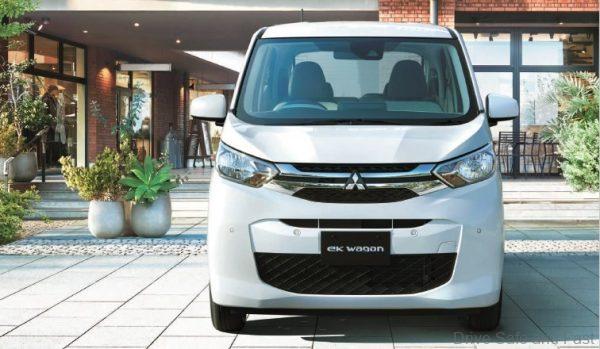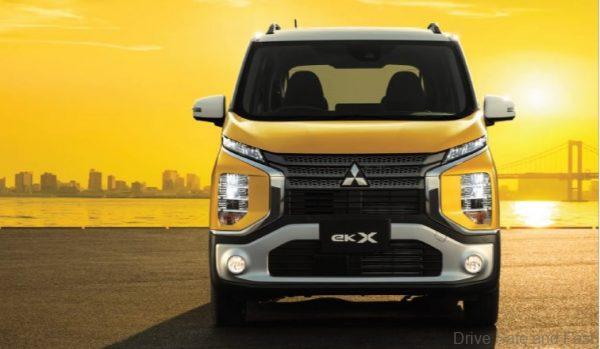A precursor to the Renault Nissan Mitsubishi Alliance turns 10 this month.
Most of us who have an eye on the automotive industry are aware that the Renault Nissan Mitsubishi Alliance is one that has only just found fresh footing. The Mitsubishi component to that alliance is only a few years old at this point. However, the collaboration between Nissan and Mitsubishi can be traced back ten years ago at least, with the formation of NMKV Co. Ltd (NMKV).
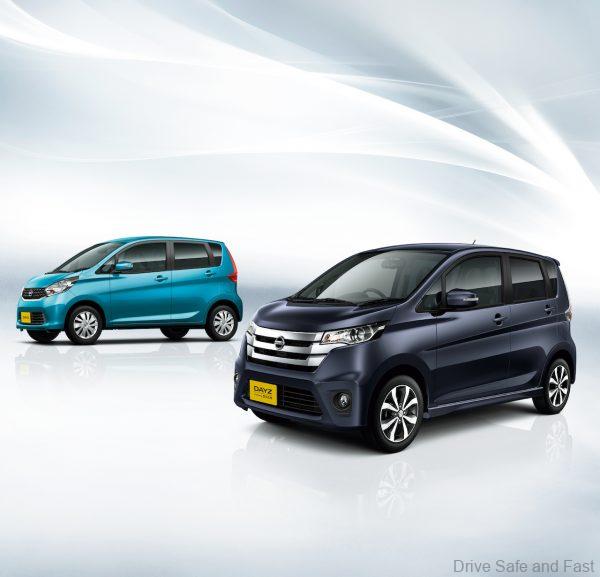
NMKV stands for Nissan-Mitsubishi Kei Vehicles, and as the name suggests, the company’s sole purpose is for the two Japanese car brands to work together on creating Kei cars for the Japanese domestic market. Kei cars are really only popular in Japan, where the government strongly incentivises the use of smaller cars with small-displacement engines. As such, they are not often officially exported to other markets.

For Nissan and Mitsubishi, the journey together with Kei cars began with the formation of NMKV in June 2011, as a 50:50 joint venture. The project was aimed at combining the strengths of both companies in product planning, development, design, and purchasing of Kei cars.
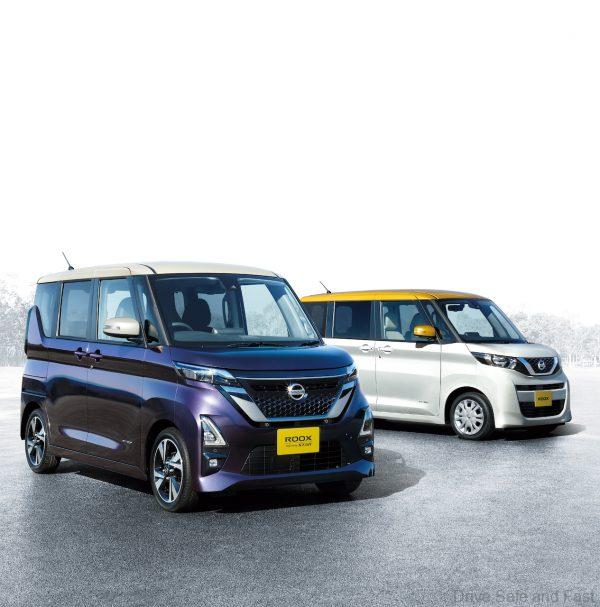
Since the formation of NMKV, Nissan and Mitsubishi have sold a total of 1.52 million vehicles together. The first models to roll off the assembly line at NMKV’s plant were the Nissan DAYZ, which was also sold as the Mitsubishi eK wagon and eK custom in June 2013. In February 2014, they released the Nissan DAYZ ROOX and Mitsubishi eK space and eK space custom.
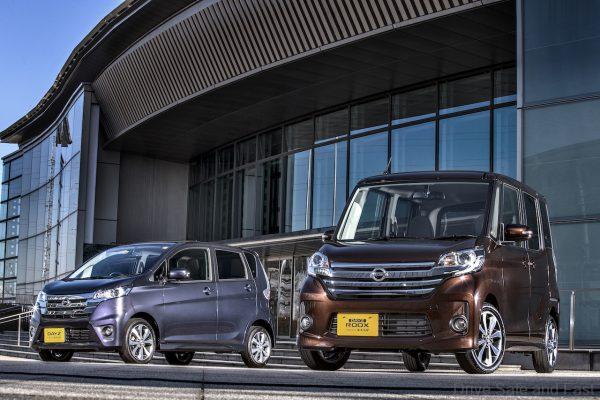
March 2019 saw the fully-remodelled successor models being released. From Nissan, was a new DAYZ model. From Mitsubishi, the eK Wagon and eK X (pronounced cross). A year later, Nissan’s new vehicle was simply called the Roox and Mitsubishi launched a new eK space and eK x space (cross space).
At every stage, the companies have closely worked together to create distinct designs for each brand. Yet, they’ve also combined the strengths of each individual brand to create more value for their respective customers.
The Mizushima Plant, where Mitsubishi produces for both itself and on behalf of Nissan, will be expanded further. An investment of about RM300 million has been poured into the plant. This will allow both companies to prepare for the production of electric kei cars. We can probably expect further collaboration between these two auto giants with regards to electrification and car production in the future as the alliance has given each brand specific regional developmental priorities.



